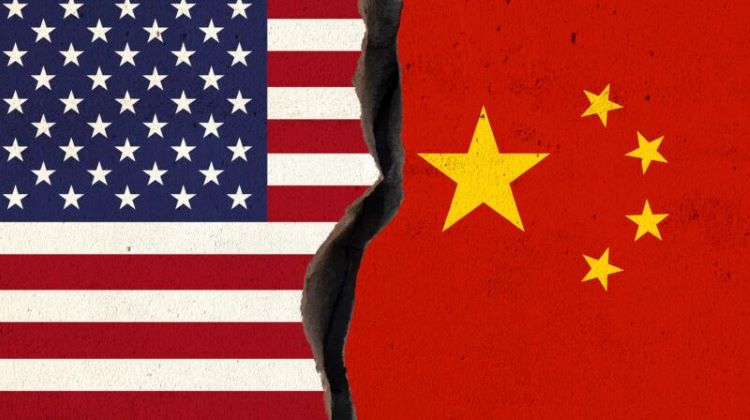Anamika Dey, Editor
In brief
- About two years ago, President Joe Biden created the 14-country Indo-Pacific Economic Framework for Prosperity.
- Raimondo said a very “active” U.S. presence in the Indo-Pacific makes it more secure and stable. She said that the framework strengthens regional ties, not China.
- It’s not about China. This is about US presence in the region, she remarked.
Secretary of Commerce Gina Raimondo told CNBC that Indo-Pacific economic engagement “isn’t about China” but about strengthening the U.S. presence.
About two years ago, President Joe Biden announced the Indo-Pacific Economic Framework for Prosperity, comprising 14 countries for economic and trade cooperation. The IPEF was also used to counter China in the region.
Raimondo said the Indo-Pacific is more secure and stable when the U.S. maintains an “active” presence, adding that the framework is about strengthening ties.
“China does what China does. They invest here; that’s their strategy, Raimondo told CNBC’s Eunice Yoon while in Singapore for the IPEF ministerial.
“We’re here. Not about China. This is about US presence in the region.”
On Thursday, IPEF member countries inked a “clean economy” agreement and unveiled $23 billion in investment opportunities to expedite sustainable infrastructure projects in the area, according to the Commerce Department.
Raimondo met bilaterally with partner countries to discuss climate goals during her tour.
“Singapore has long been an advocate for the U.S. to actively engage the region, especially Southeast Asia, and we have consistently acted on this conviction,” Prime Minister Lawrence Wong said after meeting with the Commerce Secretary.
Raimondo stressed that the U.S. does not prevent regional countries from strengthening commercial ties with China.
“We’re not here to tell any of these countries what to do,” she said. “They all trade EVs with China; that’s fine.”
She said that the U.S. was “massively ramping” up its economic support in the region with technology, technical help, and finance.
Secretary of the Treasury Janet Yellen warned China about its state-driven industrial policies at the G7.
Global concerns have grown due to China’s industrial overcapacity, or excess production of goods that undercut competitors on price. Other nations claimed heavy subsidies for such production.
On a European trip, China’s commerce minister called “overcapacity” claims “groundless.”
Raimondo said China pushing subsidised products into the market “destroys the whole global price for whatever that product is,” making “us all less secure.”
Every country must make its own judgements, but “If we act together, that, I think, is the way to send a message to China.”
Source : CNBC News



